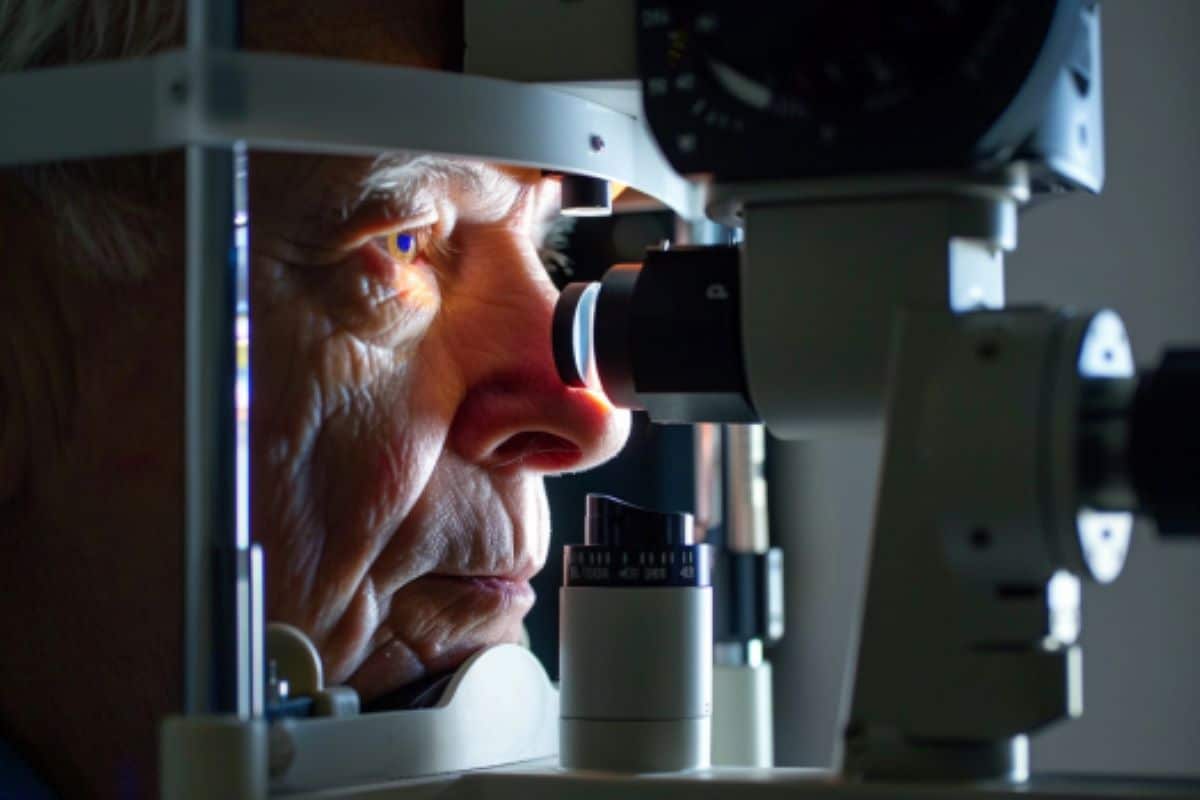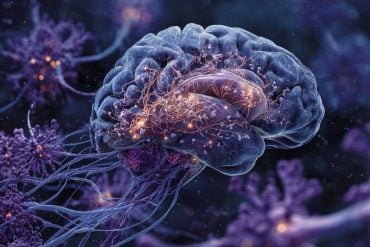Summary: Researchers discovered that boosting the protein IRAK-M in retinal cells can effectively treat age-related macular degeneration (AMD). This revolutionary therapy offers a comprehensive approach to AMD, a leading cause of vision loss affecting 200 million people worldwide.
Current treatments target single pathways, but this new method addresses multiple pathways, providing a more effective solution for AMD patients.
Key Facts:
- New treatment boosts IRAK-M protein in retinal cells to combat AMD.
- AMD affects 200 million people globally, projected to rise to 288 million by 2040.
- This therapy targets multiple pathways, unlike current single-pathway treatments.
Source: University of Bristol
Cirrus Therapeutics, the University of Bristol, and London’s Global University Institute of Ophthalmology have discovered a revolutionary treatment for age-related macular degeneration (AMD), the leading cause of vision loss among older adults.
Featured on the cover of the journal Science Translational Medicine, this breakthrough research reveals that boosting a specific protein, IRAK-M, in retinal cells could offer a new and highly effective therapy for AMD.

AMD can severely impact a person’s vision. Patients suffering from AMD often start with blurred vision or seeing a black dot in their central vision, which can ultimately expand to the point where there is no useful central vision.
Currently, AMD affects approximately 200 million people worldwide, a number projected to rise to 288 million by 2040 with graying populations. The exact cause of AMD is complex and thought to involve a combination of aging, environmental, and lifestyle factors.
The team found that augmenting IRAK-M levels in retinal cells can significantly protect against retinal degeneration.
“This discovery represents the first pathway-agnostic approach toward AMD, offering a comprehensive treatment option for the millions of people who suffer from this debilitating condition,” said Dr. Andrew Dick, Head of the Academic Unit of Ophthalmology at the University of Bristol, Director of the UCL Institute of Ophthalmology, and co-founder and Chief Scientific Advisor of Cirrus Therapeutics.
Dr. Jian Liu, the first author and senior research scientist at the Academic Unit of Ophthalmology of the University of Bristol, added, “Since age stands as a primary risk factor for AMD, the gradual decrease of IRAK- M levels with age, which further declines in AMD, is a key way to identify the potential markers of early AMD progression and ultimately a new way of treatment.”
This discovery will build and improve upon current treatments for AMD, which are targeting single pathophysiology pathways.
“Our novel approach not only addresses the multiple pathways involved in treating AMD but also offers the most compelling and evidence-based strategy available today,” said Cirrus Therapeutics co-founder and Chief Executive Officer Dr. Ying Kai Chan.
Cirrus Therapeutics recently spun out of the University of Bristol to develop therapies related to this discovery.
Funding: The research for this paper was funded by the Rosetrees Trust, Stoneygate Trust, Underwood Trust, Macular Society, Sight Research UK, Moran Eye Center at the University of Utah, Sharon Eccles Steele Center for Translation, and supported by the National Institute for Health and Care Research (NIHR) BRC Moorfields and UCL-Institute of Ophthalmology.
About this visual neuroscience and AMD research news
Author: Lori Lennon
Source: University of Bristol
Contact: Lori Lennon – University of Bristol
Image: The image is credited to Neuroscience News
Original Research: The findings will appear in Science Translational Medicine






